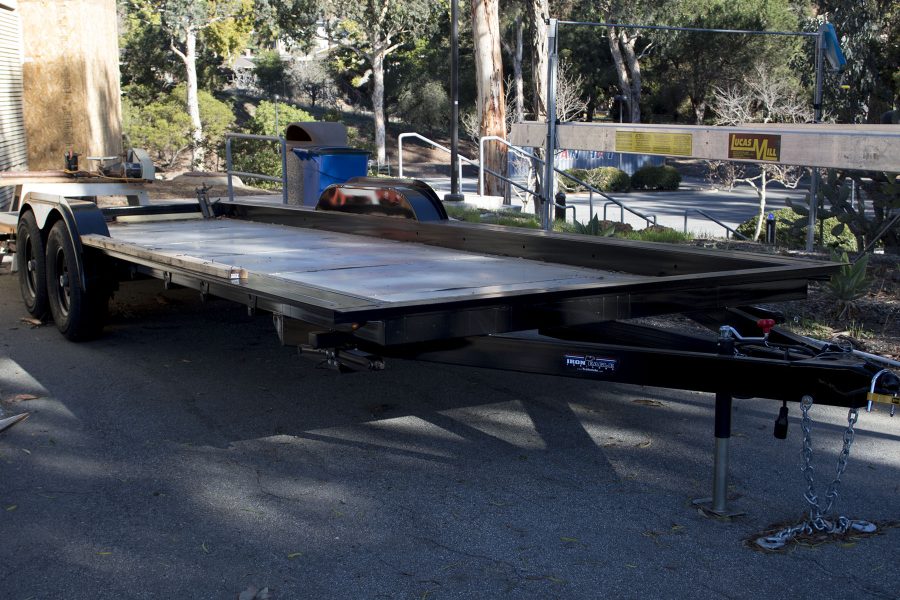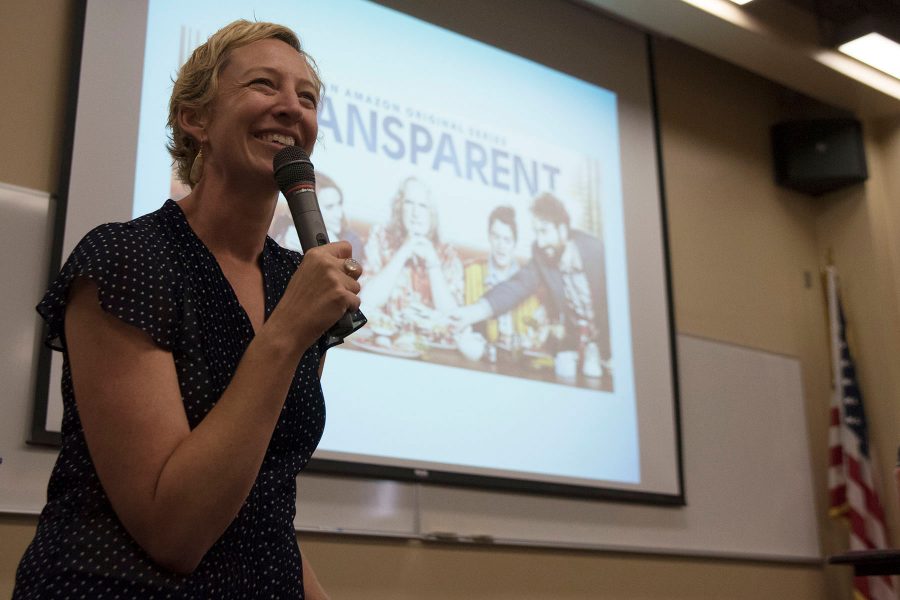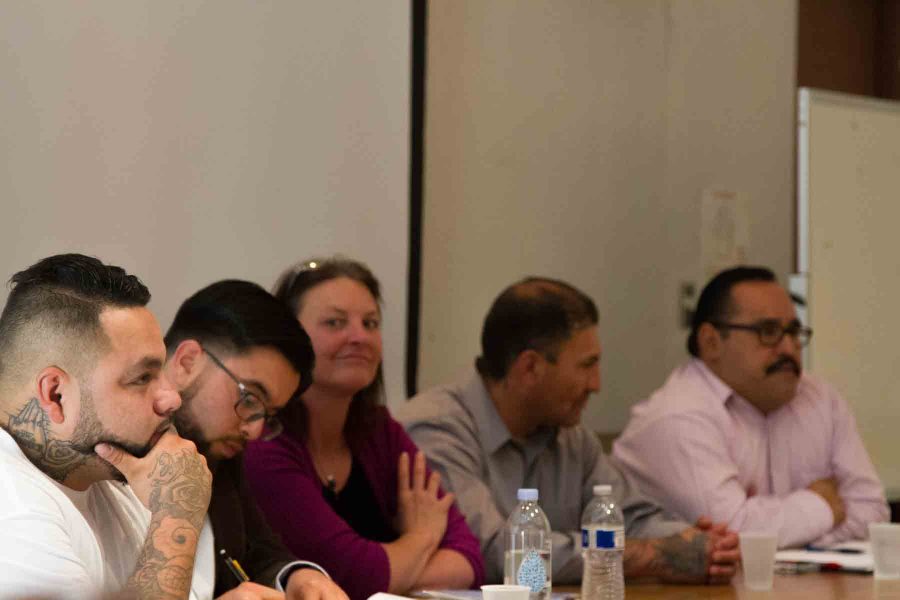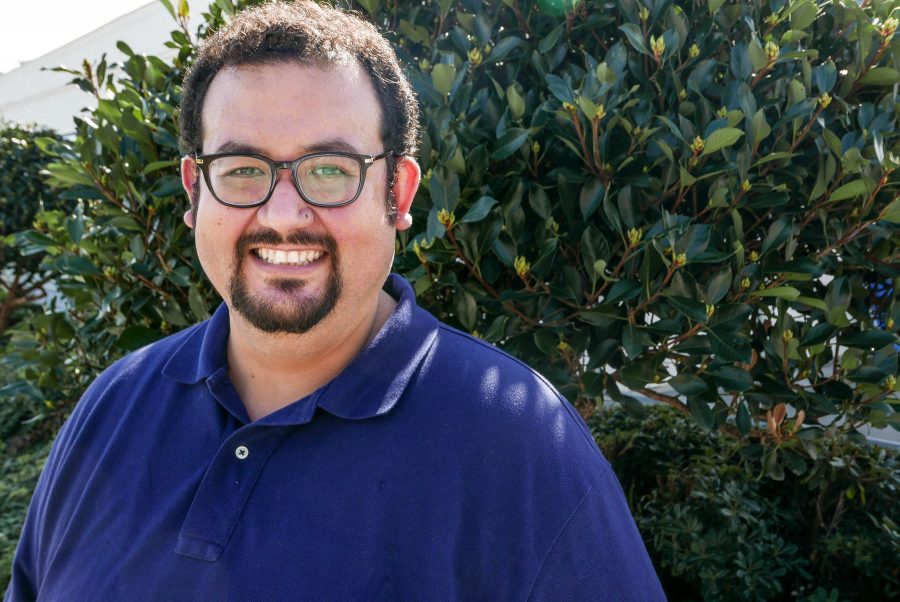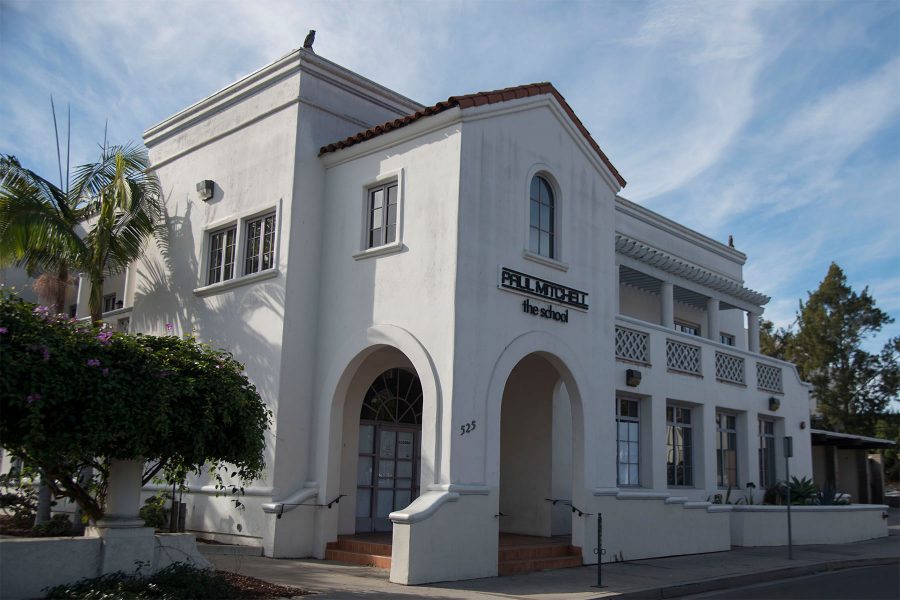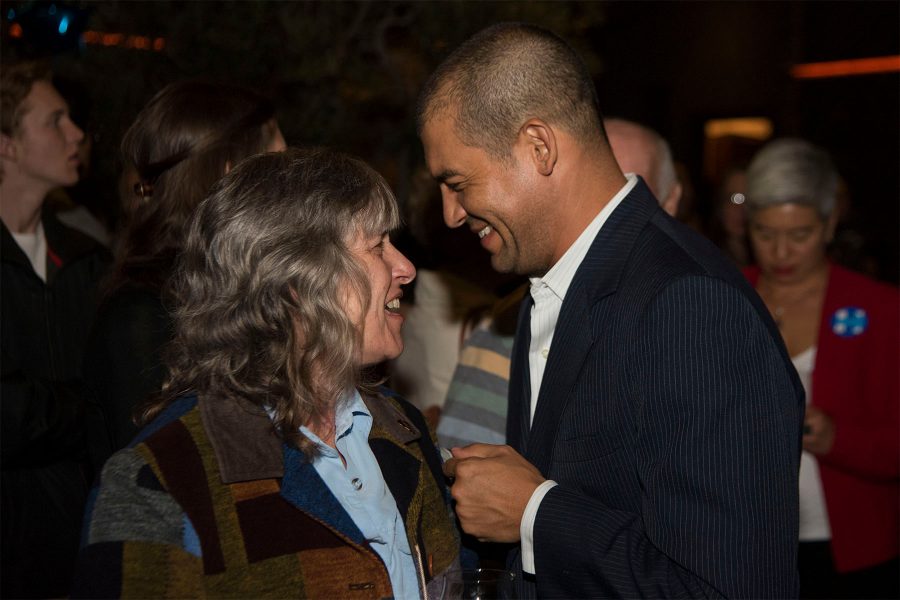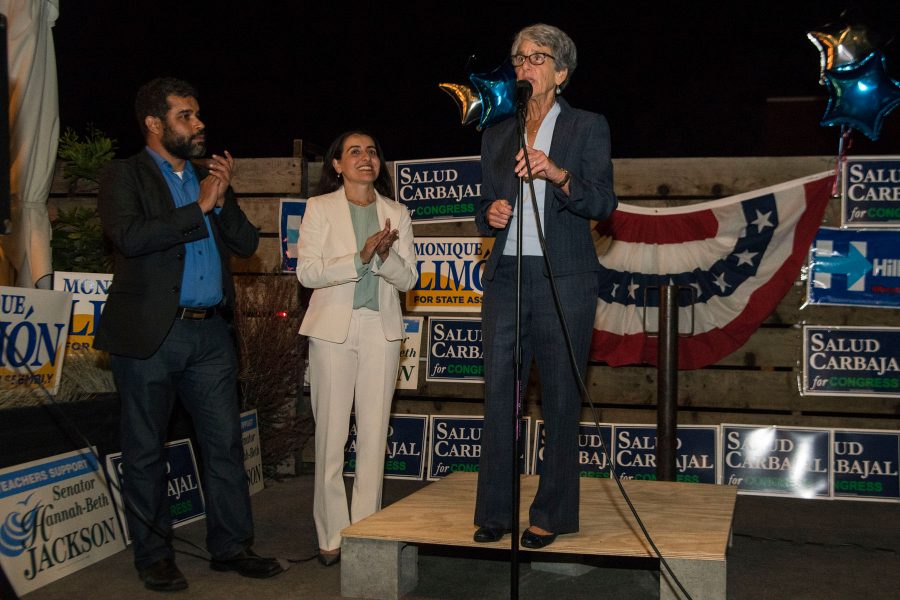As a feminist, I often struggle with my love of hip-hop and my love of equal rights.
After the G-Eazy and ASAP Ferg concert last Friday, March 6th, I started thinking again about how one is supposed to balance a passion for music with a passion for equality.
The show was held at the Earl Warren Showgrounds, with tickets selling at around $50 each.
Before the concert, G-Eazy was the topic of conversation at Santa Barbara City College. In two of my classes, girls talked about the upcoming concert and their love for the artist.
The problem is not just the lyrics and glorified behavior, but the artists themselves.
G-Eazy boasts in one song that he’s “been through like a hundred cities, signed millions of ti**ies,” as if they are objects that exist separate from women.
Yet, many of my friends drool over him. Why?
The debate about sexism in the music industry may feel like old news, but feminists still haven’t been given a solid answer.
As part of the Feminism Club on campus, I know that other women on this campus believe in the fight for equality. So how do we go about being smart consumers?
It is true that the focus on sexism in rap is misleading and may perpetuate stereotypes.
Feminism often comes under fire for disregarding the intersectionality of the issue, ignoring the intertwined factors of racism and sexuality.
As a whole, the music industry discriminates against women. Not just in their lyrical content, but against females in the industry behind the scenes.
For example, a tally created of females booked for Electronic Dance Music (EDM) festivals like Electric Daisy Carnival and Ultra in 2014 showed that just around 2-9 percent of their bookings were female artists.
Songs like “Blurred Lines,” by Robin Thicke and even “Santeria,” by Sublime have been called into the spotlight over their sexist content.
It is ironic that artists like G-Eazy and Drake lament their troubles with women in one line, and in the next, call them vulgar names and boast about leaving. It seems a bit counterintuitive that if you want to find a real connection with women you should make a career of insulting and objectifying them.
Those who love hip-hop are familiar with titles like “Toot it and Boot it,” by YG, “P.I.M.P.,” by 50 Cent, and “Bi**hes Ain’t Sh*t” by Dr. Dre and Snoop Dog.
All of these songs boast lyrics about generally not caring about or trusting women. Most are too explicit to mention.
An obvious element in these lyrics is power. It plays to our generation’s “hook-up culture” and the ridiculous “who-cares-less” struggle.
These attitudes are especially prevalent in college towns like Isla Vista. Its glorification in our society is cowardly.
Caring less serves those who aren’t courageous enough to be vulnerable with another person. While suffering heartbreak, not caring may seem like a desirable option, but it only fosters loneliness.
Another problem with our consumption of media is that in schools we are hardly taught to think critically about what we are absorbing. We may know our own values, but when it comes to music we often set those aside.
It stems from a feeling of not having much choice, if we want what we consider good music, we must sacrifice our desire for equal treatment.
However, as smart consumers, it is our duty to look harder. That doesn’t mean you can’t enjoy popular hits, but one must also seek out songs that deliver an intelligent, empowering message along with a great rhythm.
Female artists like Missy Elliot, Beyoncé and MIA provide music that is authentic and powerful, without compromising the quality.






